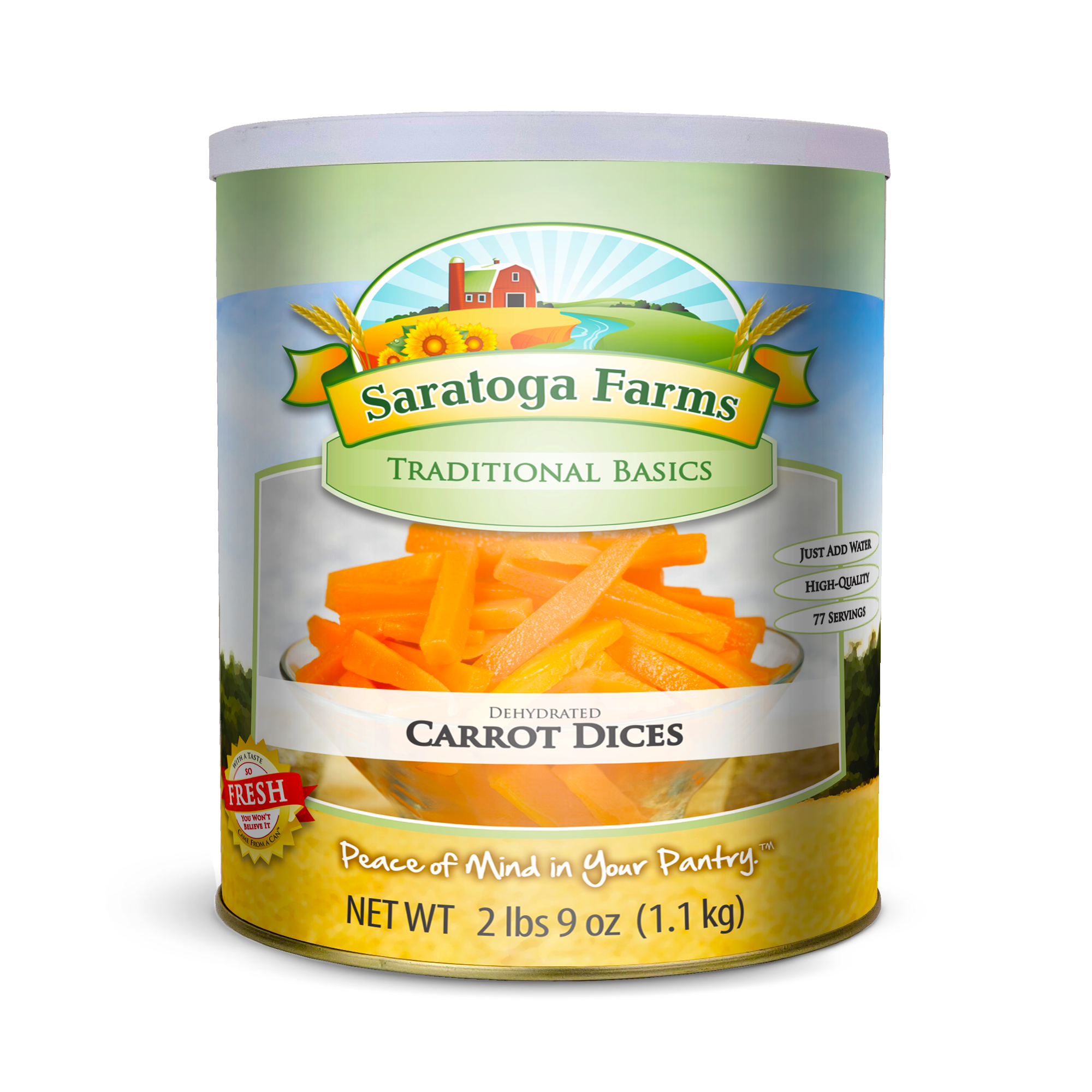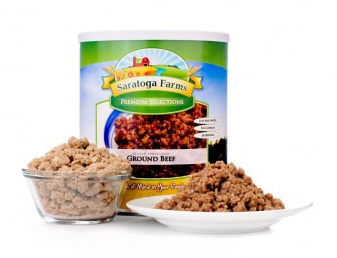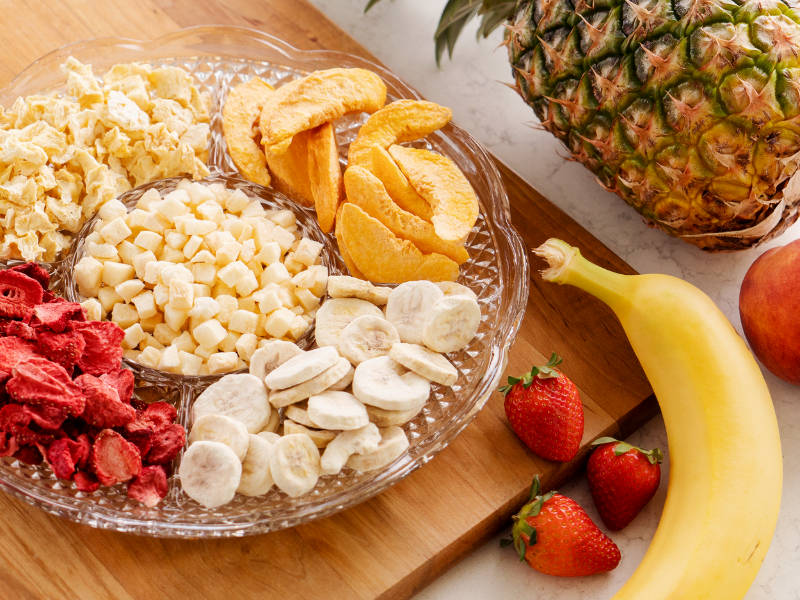Explore the different types of food storage solutions—from canned goods to freeze-dried food—and determine which is best for your family's emergency preparedness needs.
The term food storage can mean different things depending on who you ask. It can refer to anything from a bucket of beans to canned goods bought at the grocery store. So, what are your options, and which is best for your needs? Let’s break down the most popular food storage options.
1. Regular Canned Goods
Regular canned goods are often the **starting point** for food storage. Buying a few extra cans of the foods you already enjoy, especially during sales, can help you build a quick 2-week food supply.
Shelf Life
Most canned goods last between **2-5 years**. High-acid foods like tomatoes and fruits are on the lower end, around 2 years, while others may last longer. Always check expiration dates and perform the “sniff test” for safety.
Preparation
To make the most of canned food storage:
- Buy foods you regularly eat.
- Take advantage of grocery store sales.
- Organize cans with a FIFO Can Tracker to ensure the oldest items are used first.
While canned goods are great for short-term needs, their limited shelf life makes them less suitable for long-term storage.
2. Dry Bulk Food
Dry bulk foods like **wheat, rice, beans, sugar, and oats** are long-term staples. These foods are often stored in large bags or buckets and can last for decades when properly stored.
Shelf Life
With proper storage—cool temperatures (75°F or lower) and sealed containers—dry bulk foods can last **10-20 years** or more.
Preparation
While dry bulk food is cost-effective, it requires preparation. Essentials include:
- A **wheat grinder** to turn wheat into flour.
- Additional ingredients for cooking meals.
- Fuel and a heat source for baking or cooking.
Taste & Nutrition
Dry bulk foods provide excellent nutrition, but taste depends on your ability to prepare flavorful meals. Consider researching recipes or investing in cookbooks to improve your meal preparation skills.
3. Dehydrated Food
Dehydrated food involves removing moisture through high heat to extend shelf life. This process makes it a common food storage option.

Shelf Life
Dehydrated foods can last **10-20 years** when stored in a cool, dry environment (75°F or lower).
Preparation
Dehydrated food often requires **cooking** and **fuel**. For example, soups may need **15-30 minutes** of cooking time.
Taste & Nutrition
While dehydrated food retains nutrition, it loses about 25% of its value during the drying process. The flavor and appearance may also be less appealing, which can be an issue for picky eaters.
4. Freeze-Dried Food
Freeze-dried food uses advanced technology to remove moisture quickly while preserving **taste, nutrients, and texture**. It’s lightweight, compact, and ideal for long-term storage.

Shelf Life
Freeze-dried food has the longest shelf life of all options, lasting **25 years or more** when stored in cool temperatures (75°F or lower). Some reports even cite freeze-dried food maintaining quality for **40 years**.
Preparation
Preparing freeze-dried food is simple:
- Just add water.
- Stir and wait 5-7 minutes.
- The food is ready to eat with minimal fuel or time required.
Taste & Nutrition
Freeze-dried food retains **99% of nutrients, flavor, and texture**, making it taste as fresh as the original. This is why freeze-dried food is often the top choice for long-term food storage.
Which Food Storage Option is Best for You?
Now that you understand the differences between canned goods, dry bulk foods, dehydrated, and freeze-dried options, you can make an informed decision for your family’s needs.
What food storage solution do you prefer? Share your thoughts or questions in the comments below!














